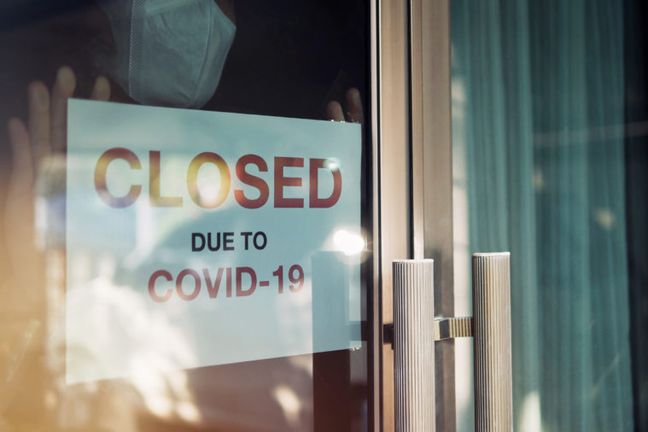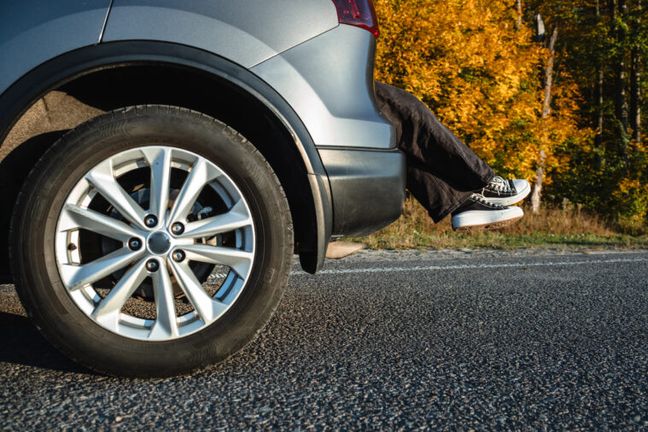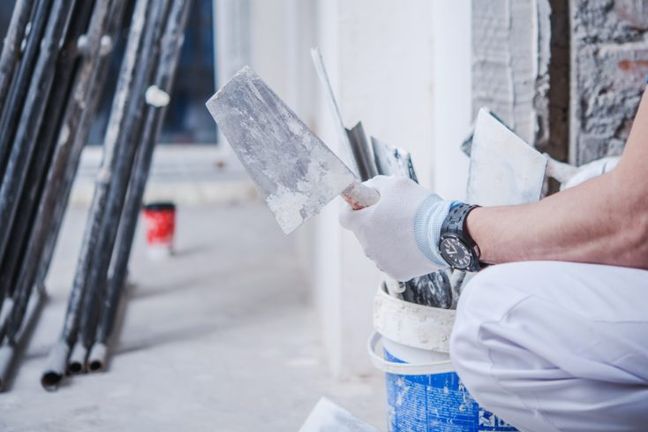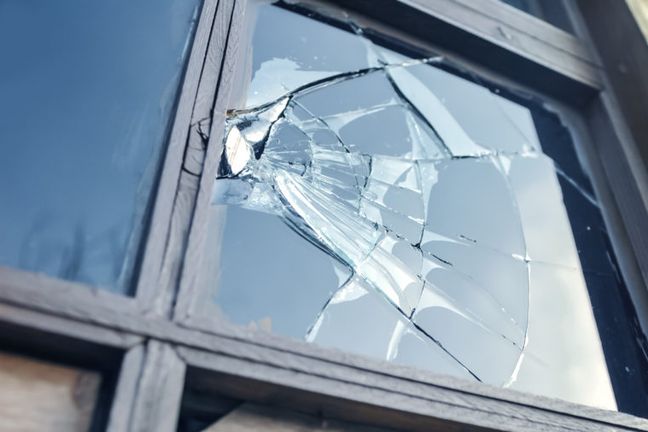Soon after States began imposing quarantine restrictions due to the COVID-19 pandemic, it became readily apparent many businesses would be severely and negatively impacted, perhaps permanently. Certainly, for home improvement and home gardening retailers, both online and brick-and-mortar, 2020 has been a lucrative year. However, other businesses, such as gyms, salons, restaurants, and bars, which rely primarily on patrons visiting their locations in person, have seen catastrophic consequences due to the pandemic. The federal government recognized the devastating effects pandemic-related restrictions would have on the national economy and have implemented ways to fund business to allow them to continue to operate. However, the federal government recognized another significant issue facing businesses in a COVID world who were emerging from mandatory shutdowns or other restrictions – how to protect those businesses from the imminent prospect of lawsuits stemming from claims allegedly due to exposure to the virus. This is certainly an immensely important issue for businesses to consider in assessing whether they can viably continue to operate.
The Senate most recently attempted to address the issue of providing businesses protections from COVID-exposure lawsuits by introducing legislation to guard against the “tidal wave” of lawsuits which will undoubtedly be filed by greedy trial lawyers. However, the legislation could not muster bi-partisan support and stalled. This legislation would have created an exclusive cause of action for claims arising out of exposure to COVID-19 and would preempt any less restrictive state laws, except workers compensation laws. Significantly, the proposed legislation provided no business could be liable for a coronavirus-related claim unless the plaintiff could prove by clear and convincing evidence: (1) the business was not making reasonable attempts to comply with applicable government standards and regulations; (2) the business was grossly negligent; and (3) an actual exposure to COVID-19 caused personal injury to the plaintiff. Of course, there are nuances to the proposed legislation that are beyond the scope of this article, but these highlights demonstrate the significant shield the federal government was attempting to apply to protect businesses.
Absent federal legislation to protect businesses which are re-opening during the pandemic, States are beginning to address the issue and legislating liability protections for businesses. Currently, twelve states have implemented or are in the process of implementing some form of protection to shield or insulate businesses from COVID-19 exposure claims: Alabama, Arkansas, Georgia, Iowa, Kansas, Louisiana, Mississippi, North Carolina, Ohio, Oklahoma, Utah and Wyoming). For example, Iowa has enacted a law which insulates businesses for civil damages due to COVID-19 exposure claims unless: (1) the business recklessly disregards a substantial and unnecessary risk that the individual would be exposed to the virus; (2) the business exposes the person to the virus through an act constituting actual malice; or (3) the business intentionally exposes the person to the virus. This law, which imposes a very lofty burden of proof on a plaintiff, provides significant liability protections to a business; some may even argue this virtually immunizes a business from COVID exposure claims. As a result, we expect this law will be challenged in the courts in the coming months.
So what can a business do in a State, which has not adopted any liability protections for COVID-19 exposure claims? One such State, Illinois, has shown no inclination to implement liability protections for businesses. Instead, both the Governor and the General Assembly have focused on expanding and clarifying protections for workers through the Illinois Workers’ Compensation Act and the Illinois Criminal Code. In the latter, the crime of felony-aggravated battery has been enlarged to include a battery to an employee of a business who is attempting to enforce safety guidelines relating to COVID-19. This is certainly a positive step to protect employees, but fails to address the need to provide some protection to businesses.
In the absence of any federal or State protections, certain Illinois businesses have begun requiring their patrons to sign a liability waiver. [Note: not all jurisdictions will enforce liability waivers] Certainly, requiring a waiver is not feasible for every business. A salon, for example, can more easily ask that a client sign a waiver when they enter the premises than a large, high-volume retailer such as Home Depot. Also, requiring a waiver may present perception issues to clients who might ask: “If this business is complying with local and state guidelines about keeping the facility safe and clean, why are they asking me to sign a waiver?” Beyond these potential issues, a business electing to require a waiver in Illinois must be cognizant of what language should be included.
In Illinois, liability waivers are not favored and will be strictly construed, but they are generally enforceable. The waiver must be tailored to a claimed injury which is reasonably foreseeable. For example, members of gyms are routinely required to sign waivers as part of their membership agreements. If, in the course of using the gym, a dumbbell falls on their foot causing an injury, the waiver would apply since this is the type of injury that was contemplated in the waiver. In contrast, if a member suffers an injury due to a gas leak in the gym, this is not the type of occurrence reasonably contemplated in a standard gym liability waiver.
As a result of the foreseeability requirement, businesses which already require liability waivers, such as aquatic centers, have instituted policies which require patrons to not only sign a standard waiver, but also a separate, specific, COVID-related waiver to avoid any argument COVID exposure was not contemplated when the waiver was signed. Similarly, businesses which are just now implementing waivers should be careful to specifically identify COVID exposure in their waivers.
Even if a business follows all of these steps and requires a customer to sign a COVID-specific waiver, does that mean that it will be insulated from all liability? Not necessarily. In Illinois, pre-injury waivers are generally unenforceable as to a minor’s injury claim, which likely would apply equally to a minor’s COVID exposure claim even if a parent signed a waiver. Also, what if a customer signs a waiver, is exposed to the virus and then infects a family member who was not a signatory to the waiver?
Unfortunately, these are just some of the questions that exist in these uncertain times, which cannot be answered yet. Undoubtedly, these and many other questions will eventually be addressed in the courts. Until that time, businesses should protect themselves by considering requiring customers to sign COVID-specific waivers.

 Author: Scott Ruksakiati
Author: Scott Ruksakiati
 Editor: David Kahn
Editor: David Kahn
 Cannabis Workers Allege Quota to Trim 4 Pounds a Day Violates the California Labor Code
Cannabis Workers Allege Quota to Trim 4 Pounds a Day Violates the California Labor Code
 The Ninth Circuit Reminds Us: Every Word Matters
The Ninth Circuit Reminds Us: Every Word Matters
 NO WAY, PRO SE! The Consequences of Abusing the Judicial System as a Pro Se Litigant in Colorado
NO WAY, PRO SE! The Consequences of Abusing the Judicial System as a Pro Se Litigant in Colorado
 Victim of Financial Mismanagement or Unlawful Retaliation? New Jersey City University Program Founder Claims School Retaliated After Reporting Alleged Sexual Harassment
Victim of Financial Mismanagement or Unlawful Retaliation? New Jersey City University Program Founder Claims School Retaliated After Reporting Alleged Sexual Harassment
 “Real Housewives” Gets a Reality Check
“Real Housewives” Gets a Reality Check
 Missing a Chapter: Insufficiency of Expert Deposition Testimony in Medical Malpractice Litigation
Missing a Chapter: Insufficiency of Expert Deposition Testimony in Medical Malpractice Litigation
 Crash Course: Why Summary Judgment Misses the Mark in Illinois Multi-Cause Limousine Crash Collision
Crash Course: Why Summary Judgment Misses the Mark in Illinois Multi-Cause Limousine Crash Collision
 Bitter Truths: Lead, Cadmium, and Defective Pleadings in California Chocolate Class Action
Bitter Truths: Lead, Cadmium, and Defective Pleadings in California Chocolate Class Action
 The Law of Unintended Consequences: Including Insurance Brokers in Litigation Strategy Communication May Waive the Attorney-Client Privilege
The Law of Unintended Consequences: Including Insurance Brokers in Litigation Strategy Communication May Waive the Attorney-Client Privilege
 To Defend and Indemnify, or Not to Defend and Indemnify
To Defend and Indemnify, or Not to Defend and Indemnify
 Start Small, but Think Big: Attorneys’ Fees Can Add Up
Start Small, but Think Big: Attorneys’ Fees Can Add Up
 There’s No Such Thing as A Free Bite
There’s No Such Thing as A Free Bite
 Not All Arbitration Clauses Are Created Equally
Not All Arbitration Clauses Are Created Equally
 Exclusivity Provisions of Illinois Workers Compensation Act Do Not Shield Employer From Claims Under Biometric Information Privacy Ac
Exclusivity Provisions of Illinois Workers Compensation Act Do Not Shield Employer From Claims Under Biometric Information Privacy Ac
 Protections Against Implied Warranty of Habitability Claims Broadened in Illinois
Protections Against Implied Warranty of Habitability Claims Broadened in Illinois
 Illinois Practice Note: Amendment to Rule 23
Illinois Practice Note: Amendment to Rule 23
 Can a Home Office Establish Venue in Illinois?
Can a Home Office Establish Venue in Illinois?